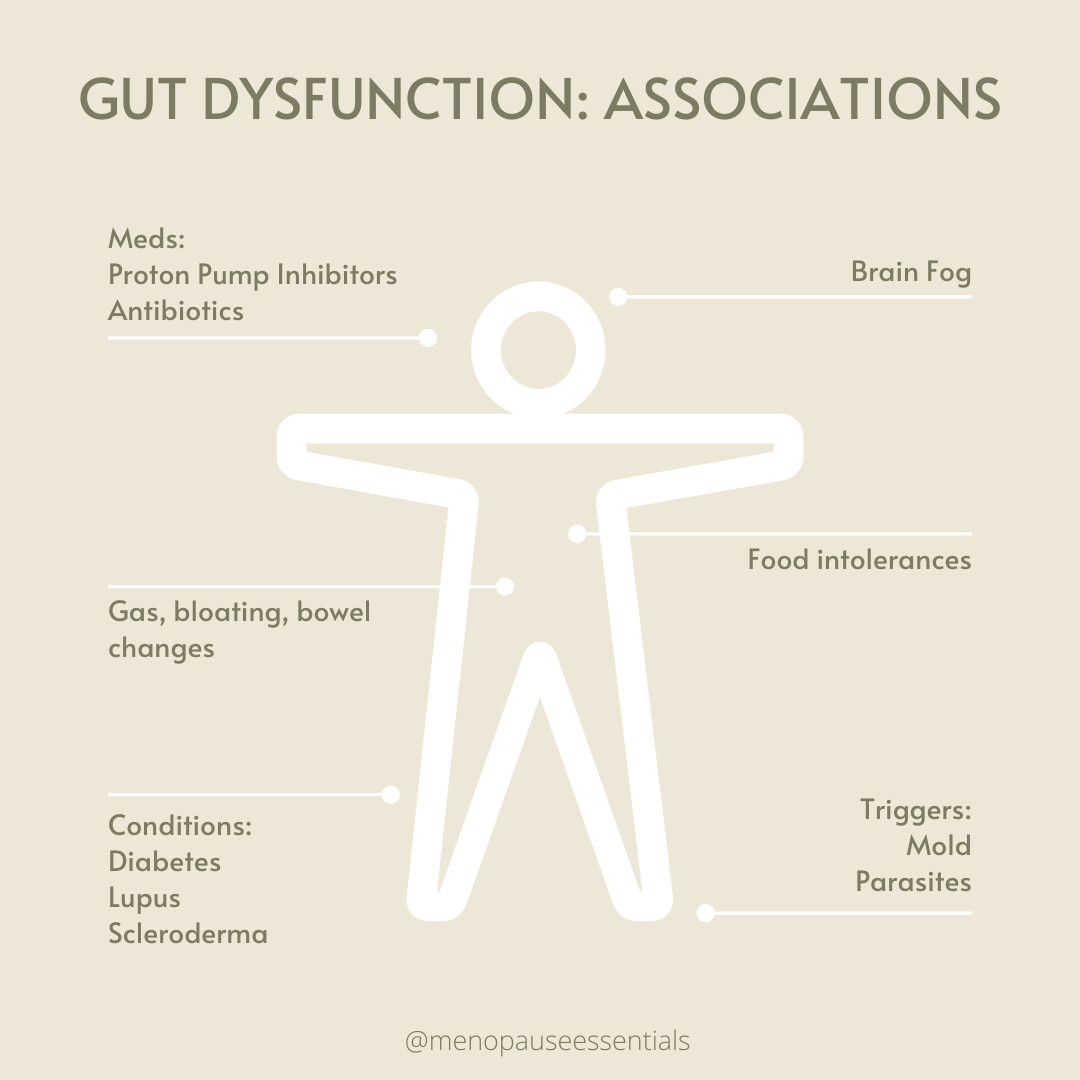
Sometimes leaky gut is caused by an overgrowth of bacteria or candida in the gut, so using products that are gut friendly is key
Symptoms of SIBo
- Gas and Bloating
- Abdominal pain or cramping
- Diarrhea or constipation (less common than diarrhea)
- Diagnosis of irritable bowel syndrome (IBS) or inflammatory bowel disease (IBD)
- Food intolerances, particularly histamine intolerance
- Chronic illnesses such as fibromyalgia, chronic fatigue syndrome, diabetes, neuromuscular disorders, and autoimmune diseases
- Vitamin and mineral deficiencies, including vitamins A, B12, D, and E
Diet is an important way to control the SIBO. By robbing the bacteria of food that they can use for fermentation, they can’t make that painful gas, and we can keep the symptoms down.
Follow a low FODMAP diet: https://www.dietvsdisease.org/fodmap-food-list/
Bear in mind that each person and their gut microbiome are unique, as is each case of SIBO. Which herbs are most effective for you will depend on your particular bacterial populations. Different herbs are more effective against either methane-dominant (SIBO-C) or hydrogen-dominant (SIBO-D) bacteria but some are effective against both.
Even if a person takes a course of antibiotics or herbs, SIBO is a chronic condition that often relapses within 3 weeks of finishing treatment. There are supplements that are supportive while you are on a low FODMAP diet and trying to stabilize your gut. It is a good idea to incorporate certain supplements into your routine.
1. Juvatone- contains Barberry, a source of Berberine, and garlic. Berberine and garlic are often recommended in SIBO protocols
2. Inner Defense- contains Oregano and Thyme. Oregano is often mentioned in SIBO protocols.
3. Life 9 contains Bifidobacterium lactis, Lactobacillus plantarum. Two strains studied for IBS. Some people take probiotics after they improve their symptoms to replenish the gut.
4. Essentialzyme-4- using enzymes to further break down your food is a good idea. Any of the enzyme formulas, (like Detoxzyme or Allerzyme) can be used.
5. Olive Leaf extract- olive leaf extract is a natural infectious-microbe fighter. It’s known to have completely natural antiviral, antibacterial and antifungal properties due to the compound makeup of oleuropein, hydroxytyrosol and tyrosol.
6. ICP daily- contains Guar Gum. Studies show that using Rifaximin plus Partially Hydrolyzed Guar Gum (PHGG) is more effective at clearing SIBO than Rifaximin used alone. PHGG is a prebiotic, which means that it feeds bacteria. You would think that it would worsen SIBO by feeding the bacteria in the small intestine. But, the fact is that if you do not feed the bacteria or yeast while treating it, the organisms will go into “spore form” or dig deep into tissues where they cannot be treated properly. Feeding the bacteria causes them to reproduce. If you “feed the bacteria” while simultaneously using an agent that targets bacteria that are in their replicative phase, you’ll kill the bacteria off in much higher numbers.
7. Golden Turmeric- Turmeric (Curcuma longa) has been used historically to support normal muscular contraction/relaxation and digestion.

8. Pure Protein Complete- you can use this shake, to supplement your FODMAP diet..
9. Aminowise
10. Kidscents Unwind- contains 5-htp and magnesium
THE 3 PHASES OF SIBO TREATMENT
Here is how I break down the timeline:
1. The Kill Phase (2 – 4 weeks)
This phase lasts as long as the medication protocol prescribed, most commonly a generic antibiotic like Rifaximin or one of the herbal protocols. There’s a debate as to what type of diet is beneficial during the kill phase. For those with severe symptoms, beginning a low FODMAP or low carb diet protocol will help jump start the healing phase and provide some relief, but you don’t want to be so strict that the bacteria go into hibernation because they’ve fully lost their food source.
2. The Healing Phase (2 – 3 months)
Some people who are feeling better will continue onto the next phase regardless since the test is expensive.
3. The Recovery Phase (On-Going)
SIBO is a chronic condition. If it comes back, it’s not an indication that the treatment plan didn’t work, but rather, that the root cause hasn’t been dealt with properly on an on-going basis. This is where a lot of the lifestyle modifications come into play, and in some cases, where it’s necessary to continue certain supplements, specifically the ones that improve motility (i.e. those that make sure you’re pooping properly)
If you are noticing that your digestion is off and you are experiencing bloating, constipation, GERD or any of the above mentioned symptoms then begin to follow this protocol to eliminate potential gut harming issues.
1) Remove gluten, corn, soy, diary, wheat and artificial sweeteners, these are the most common offending foods
2) Begin by adding in Enzymes
3) Further lower your carbohydrates, which still come from none gluten or corn sources.
4) Now add your Inner defense
5) At some point you will need a prebiotic or probiotic to support healthy gut flora


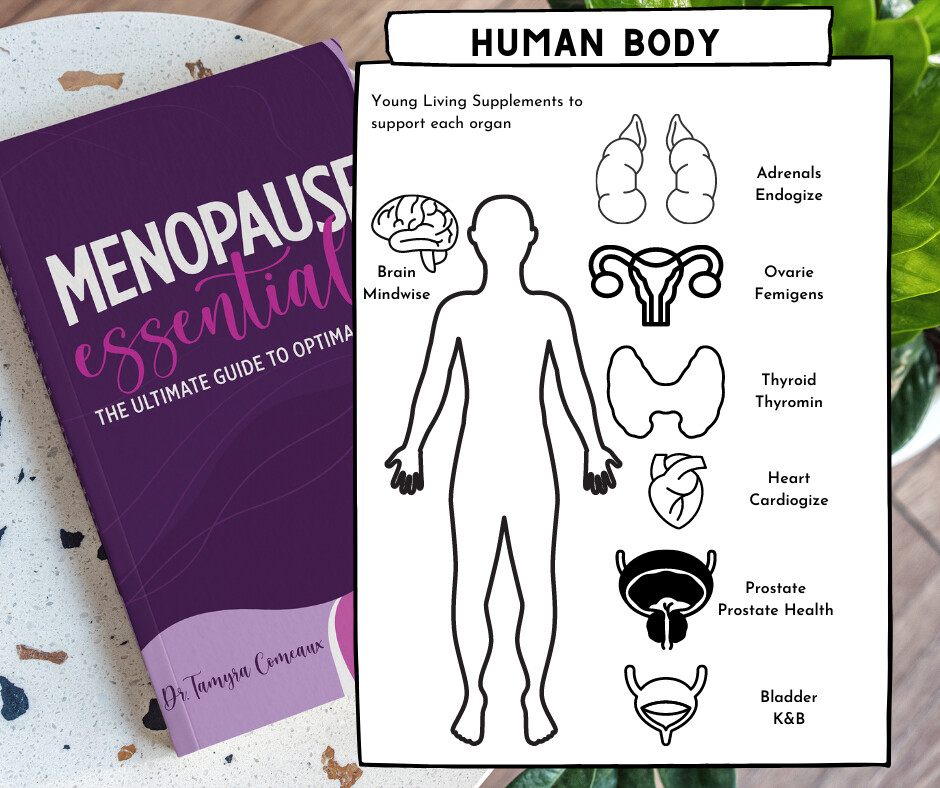
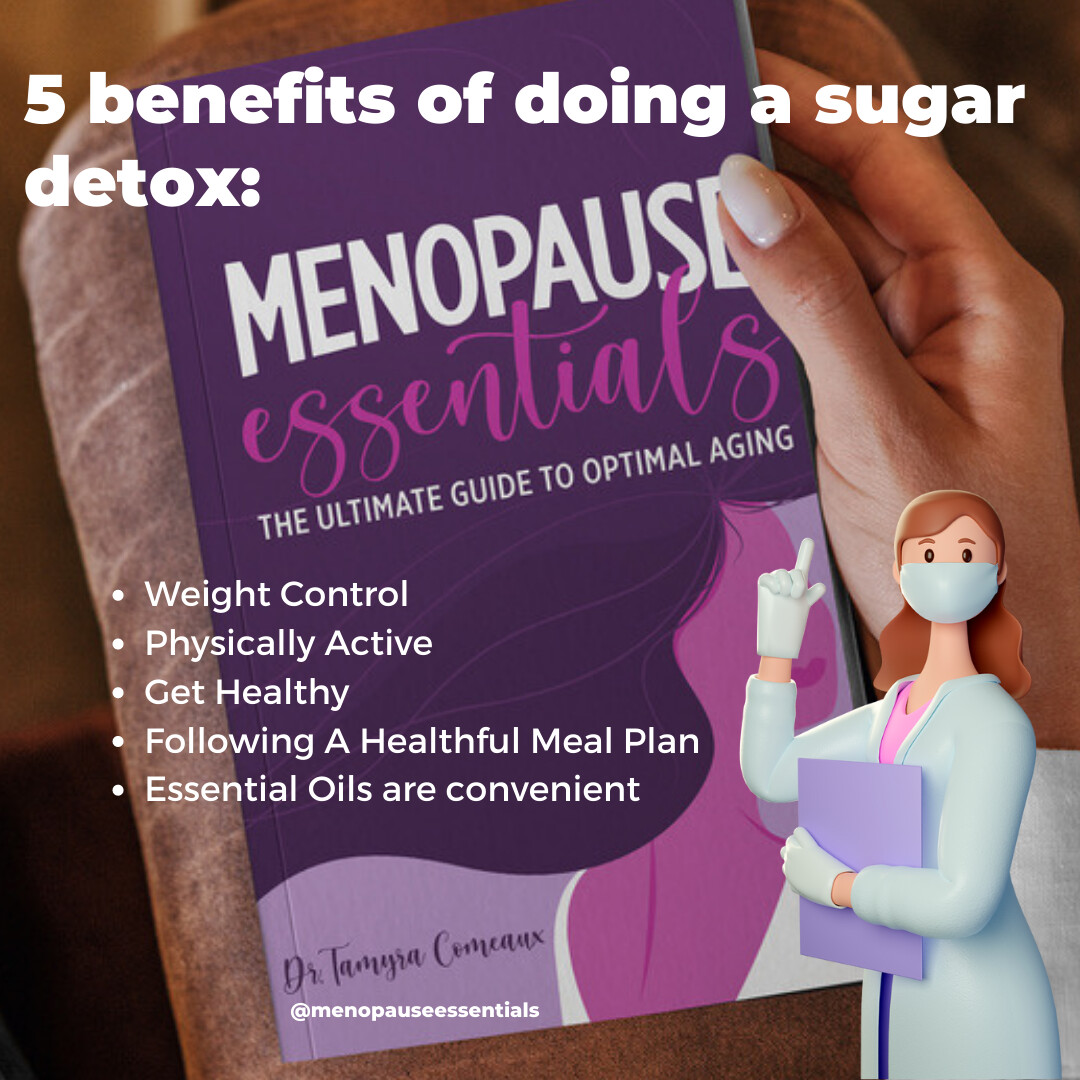
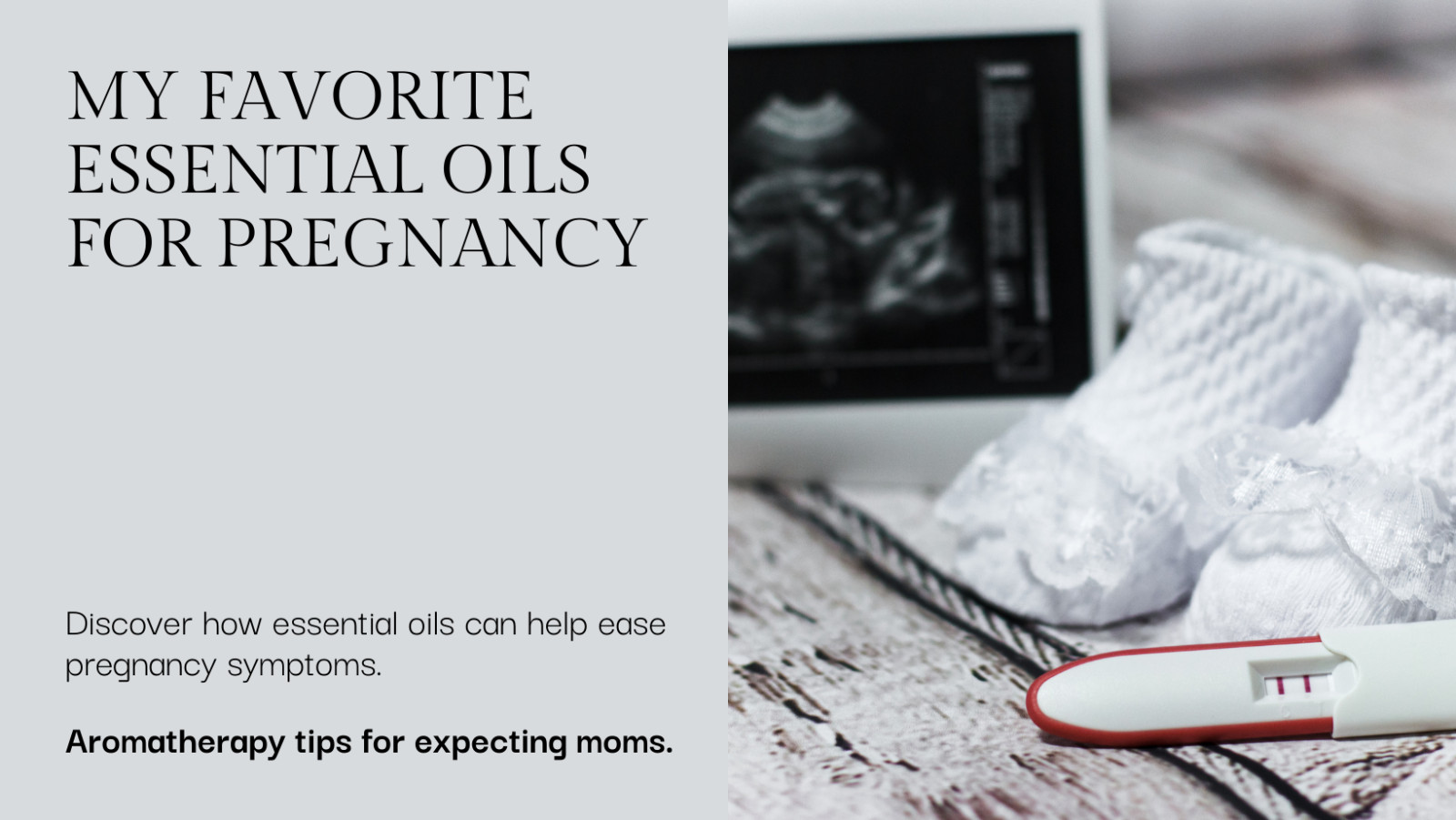
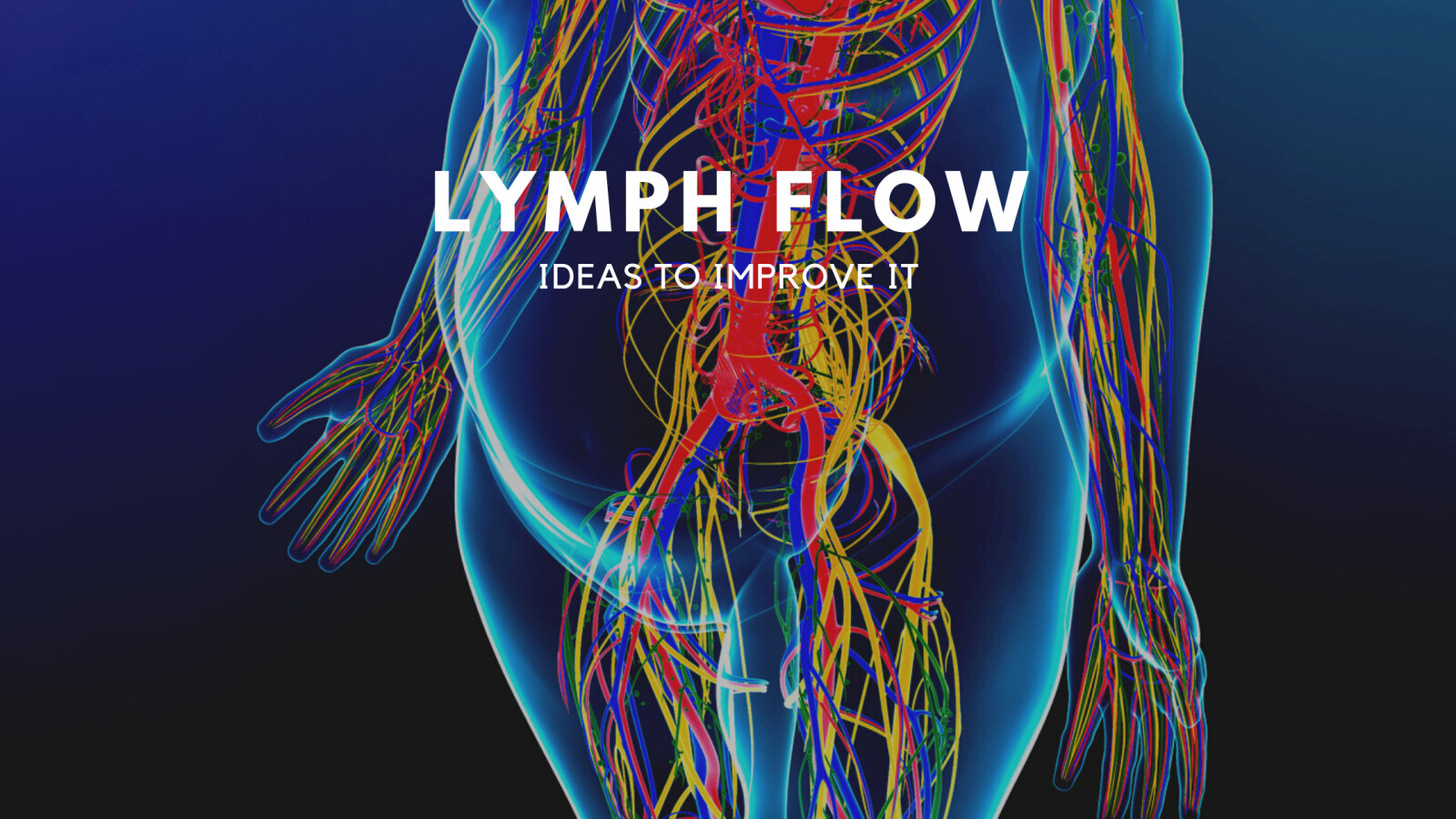
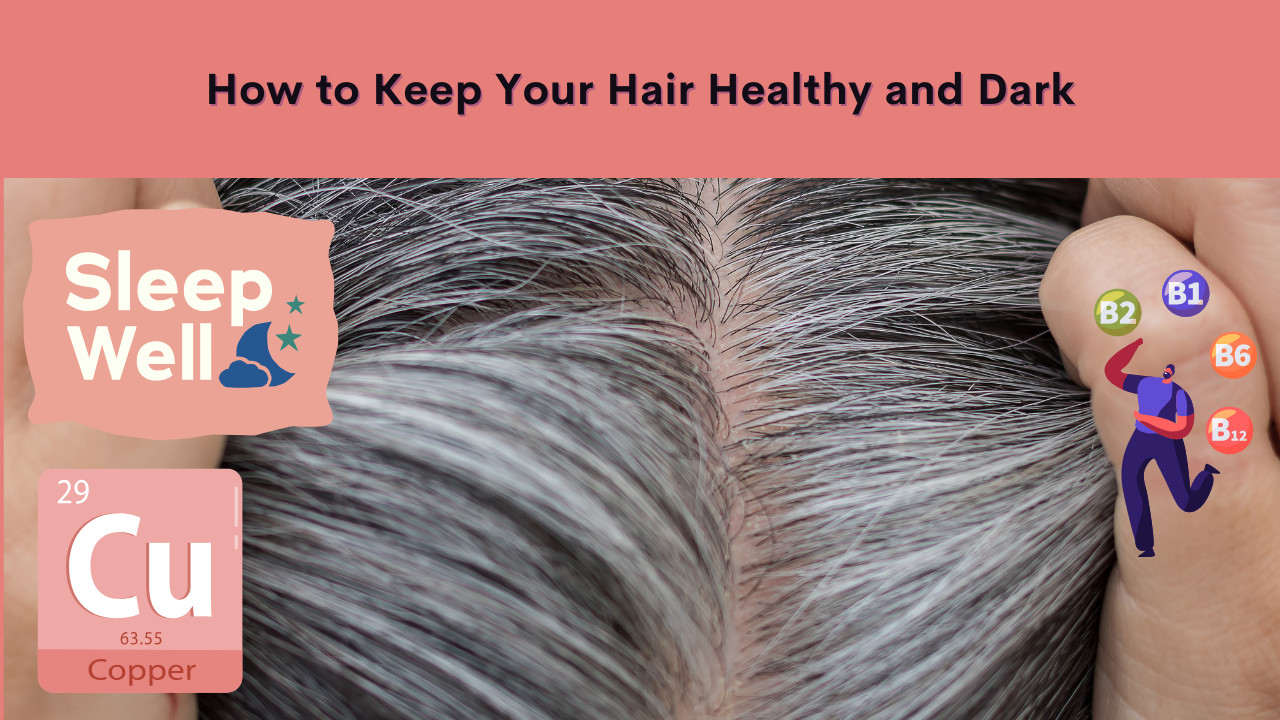


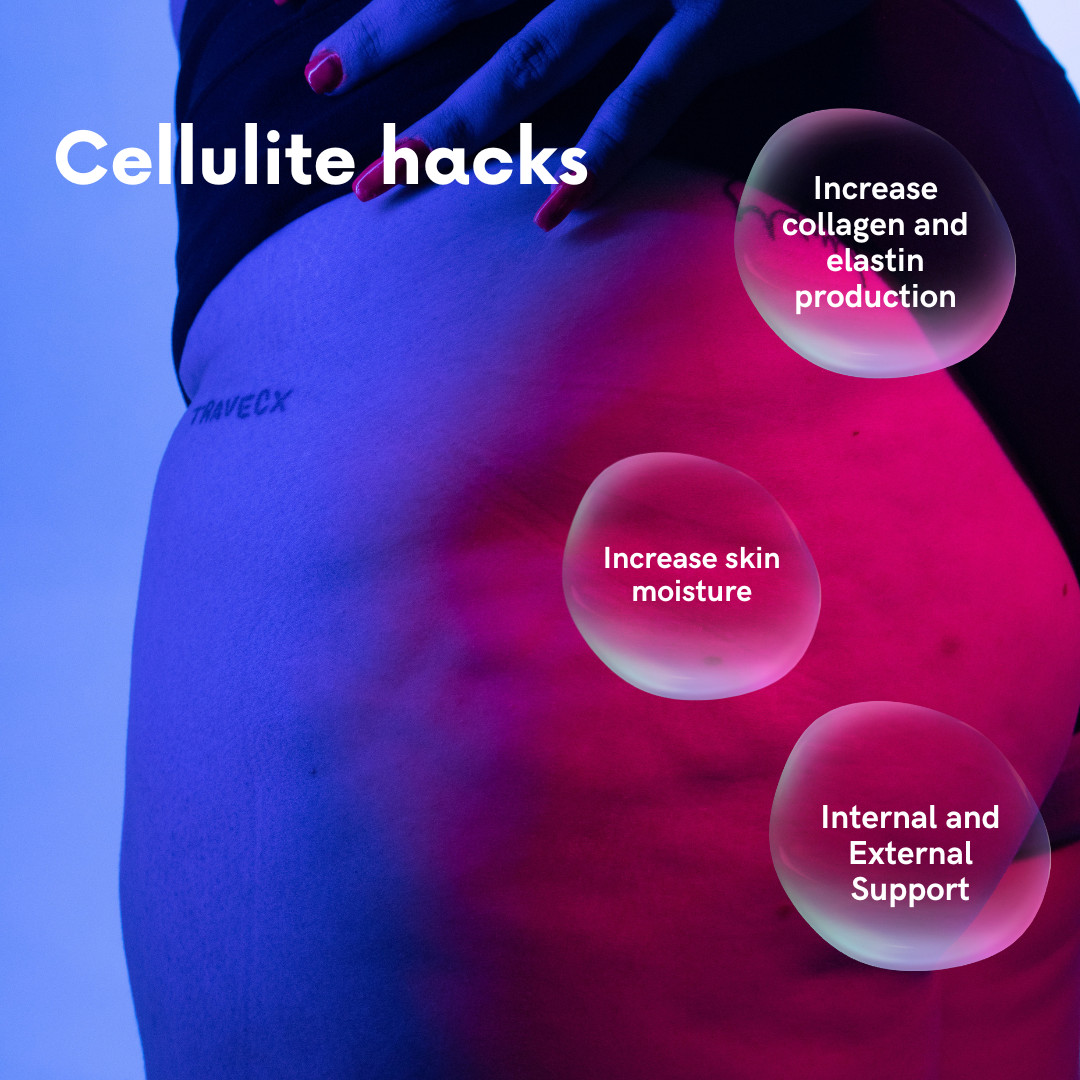
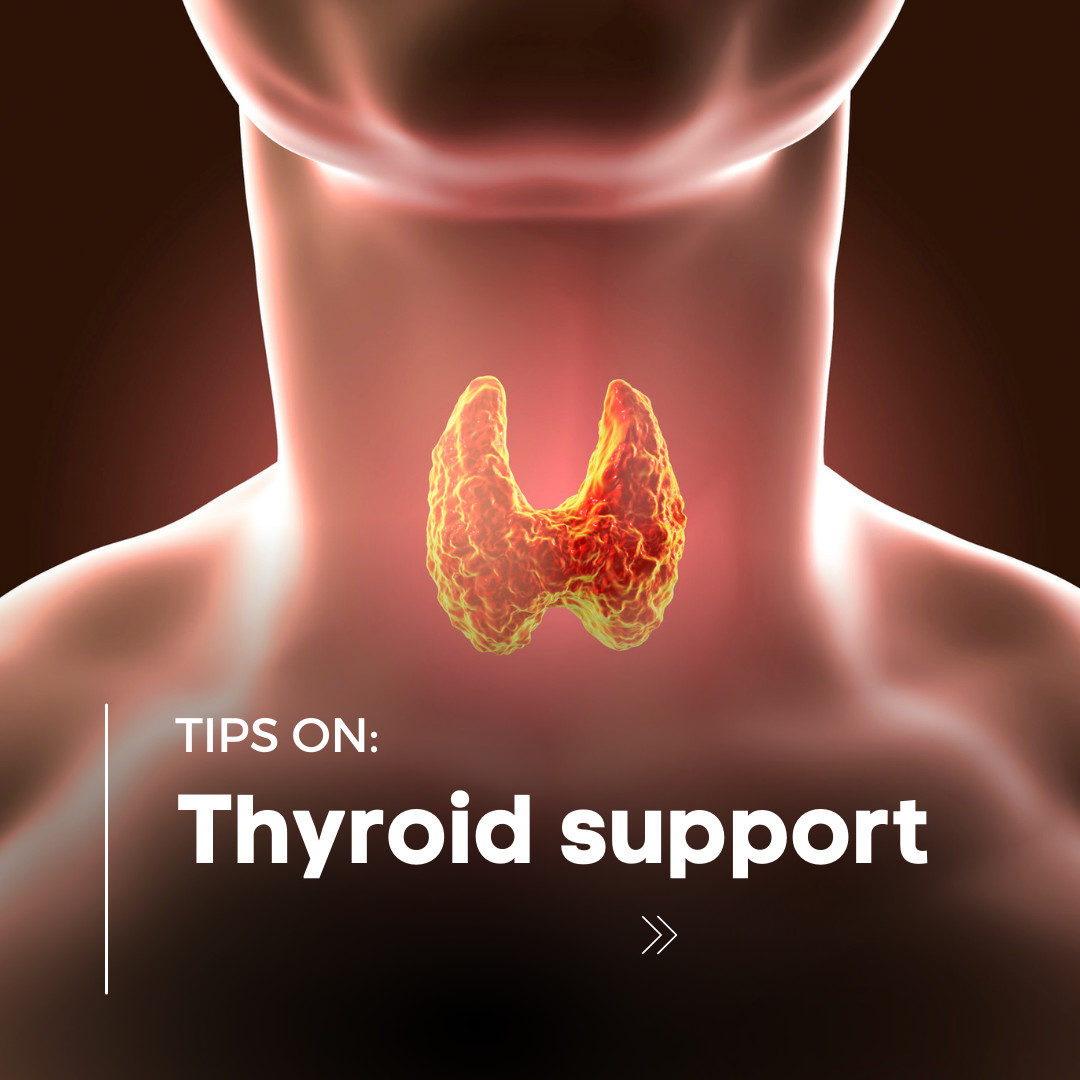
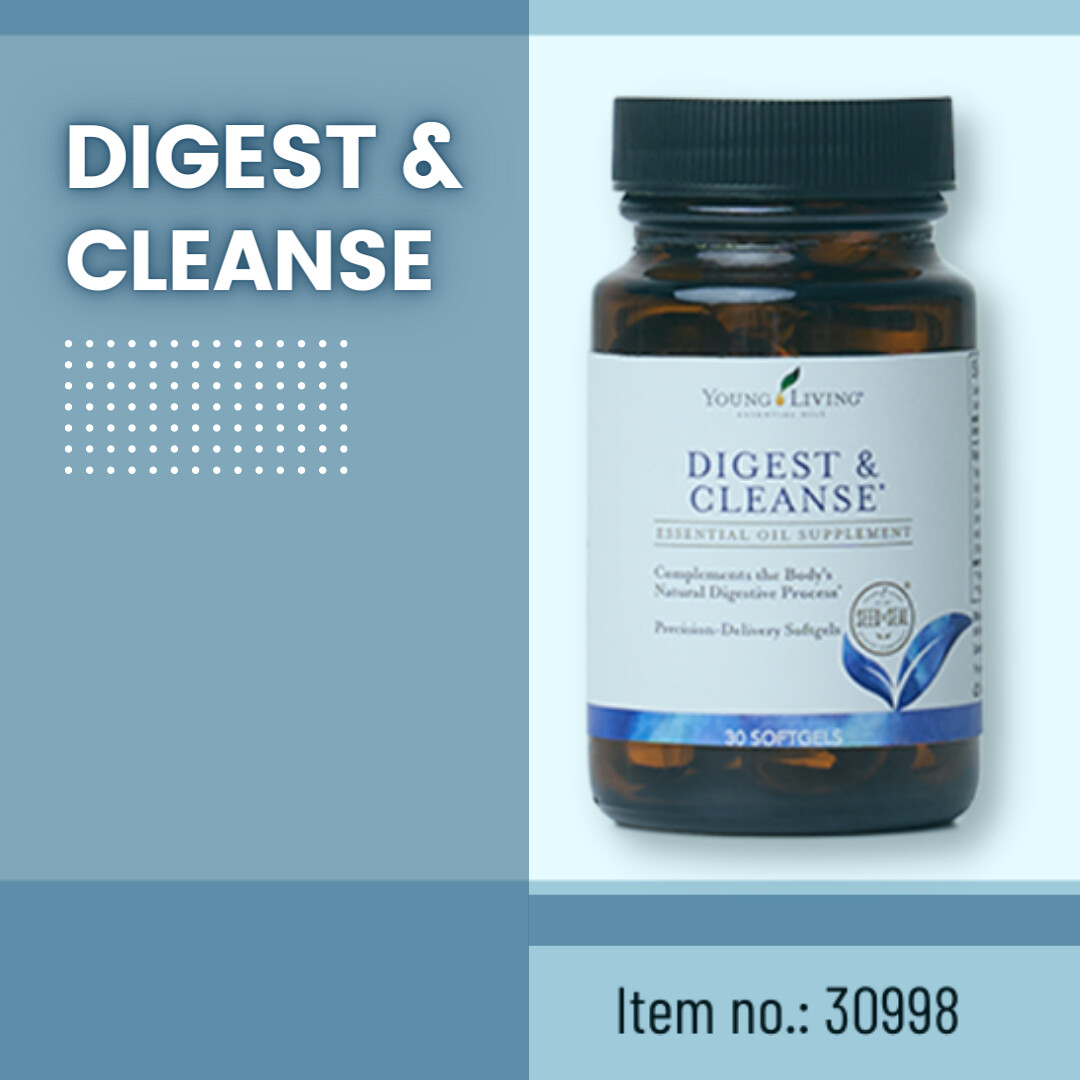
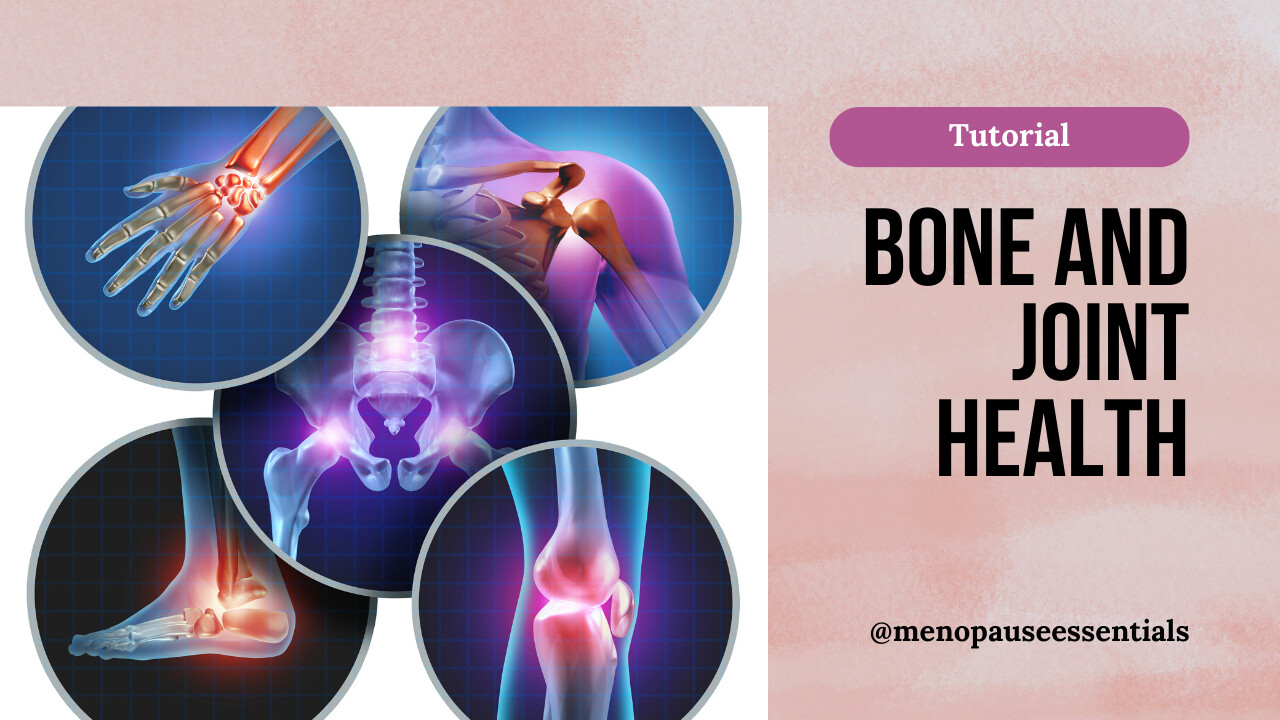

0 Comments